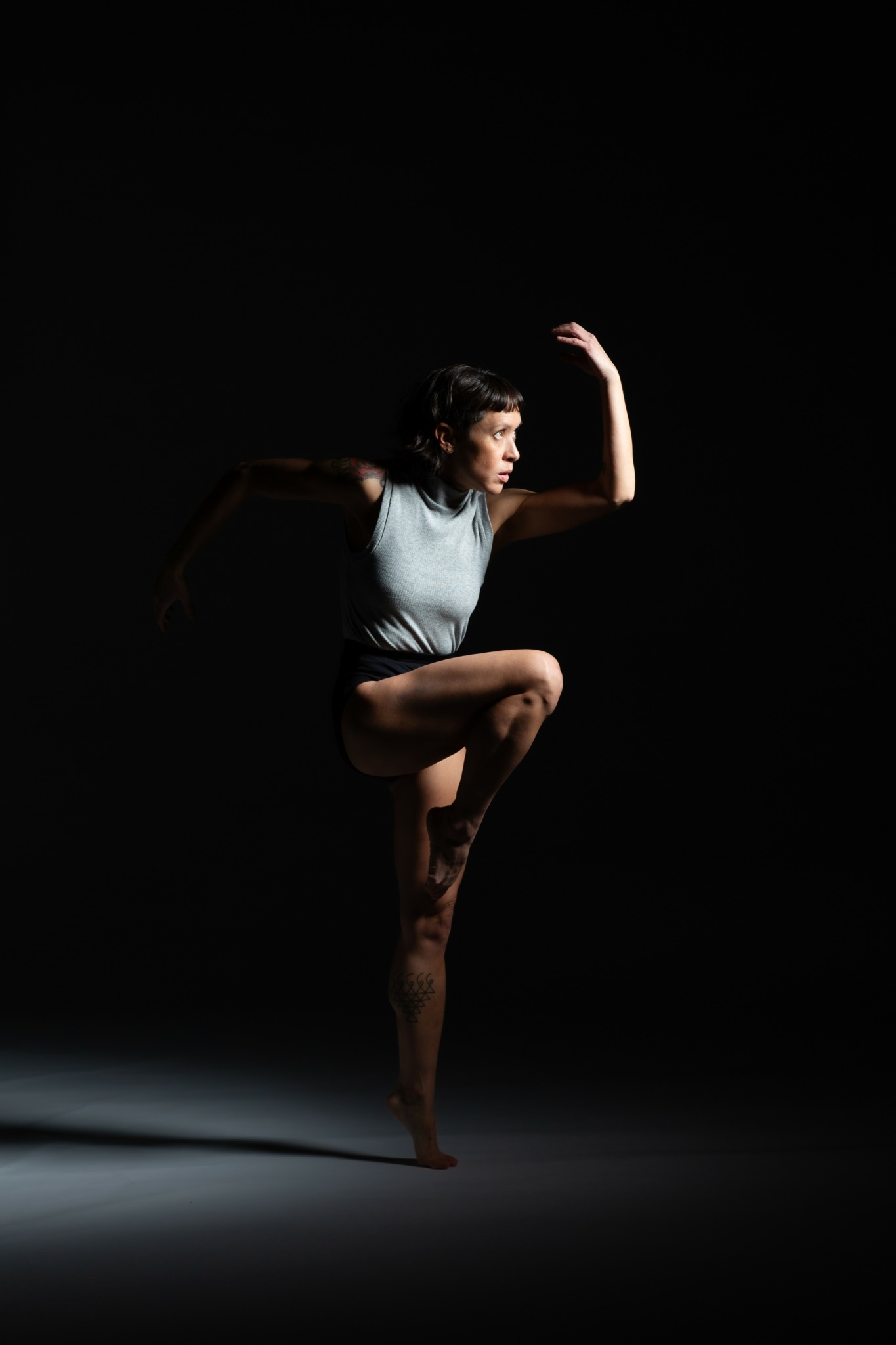We were lucky to catch up with Audrey Baran recently and have shared our conversation below.
Audrey, appreciate you joining us today. Earning a full time living from one’s creative career can be incredibly difficult. Have you been able to do so and if so, can you share some of the key parts of your journey and any important advice or lessons that might help creatives who haven’t been able to yet?
I have been able to earn a living from my creative work as dance artist and educator for 20 years. Right out of college I began teaching at local studios and academies, such as Charlotte Ballet and Open Door Studios. I founded my professional dance company, Baran Dance, in 2012 and we became a nonprofit organization in 2021. As the Artistic and Executive Director of Baran Dance, my choreographic, pedagogical, and administrative work certainly constitute a full time job, but it’s a labor of love. As commonly found in the nonprofit arts sector, I am not able to pay myself a salary that aligns with the time and energy I dedicate to my company, but I am constantly working to make the company more sustainable in this shaky arts landscape.
Shortly after earning my MFA from Hollins University in 2017, I began teaching full time in the Department of Dance at UNC Charlotte, my undergraduate alma mater. This has been my primary source of income for the past decade, although I have been commissioned to create work for other companies, including the Joffrey Studio Company in Chicago. For me, teaching and choreographing go hand in hand, as my creative work is very much informed by what I teach, and my class content is definitely reflective of whatever I am making at the time. The vast majority of my work has been centered in my community in Charlotte, NC through Baran Dance and UNC Charlotte, which is how I like it (although I’m always open to new opportunities!) I am considering pursuing my Masters in Arts Administration, which will help me bolster Baran Dance as not just a creative powerhouse, but a successful entity for dance performance and education.
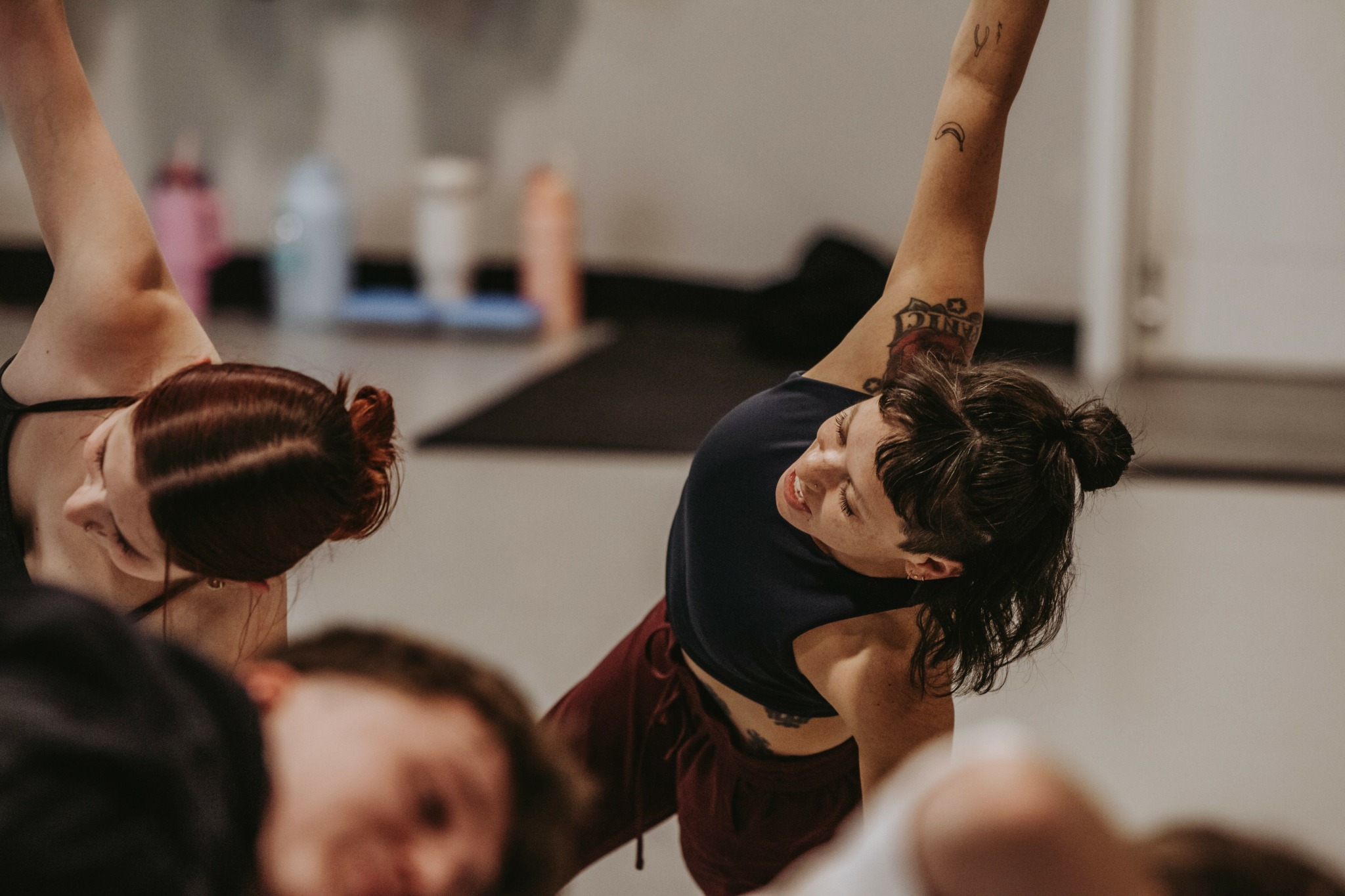
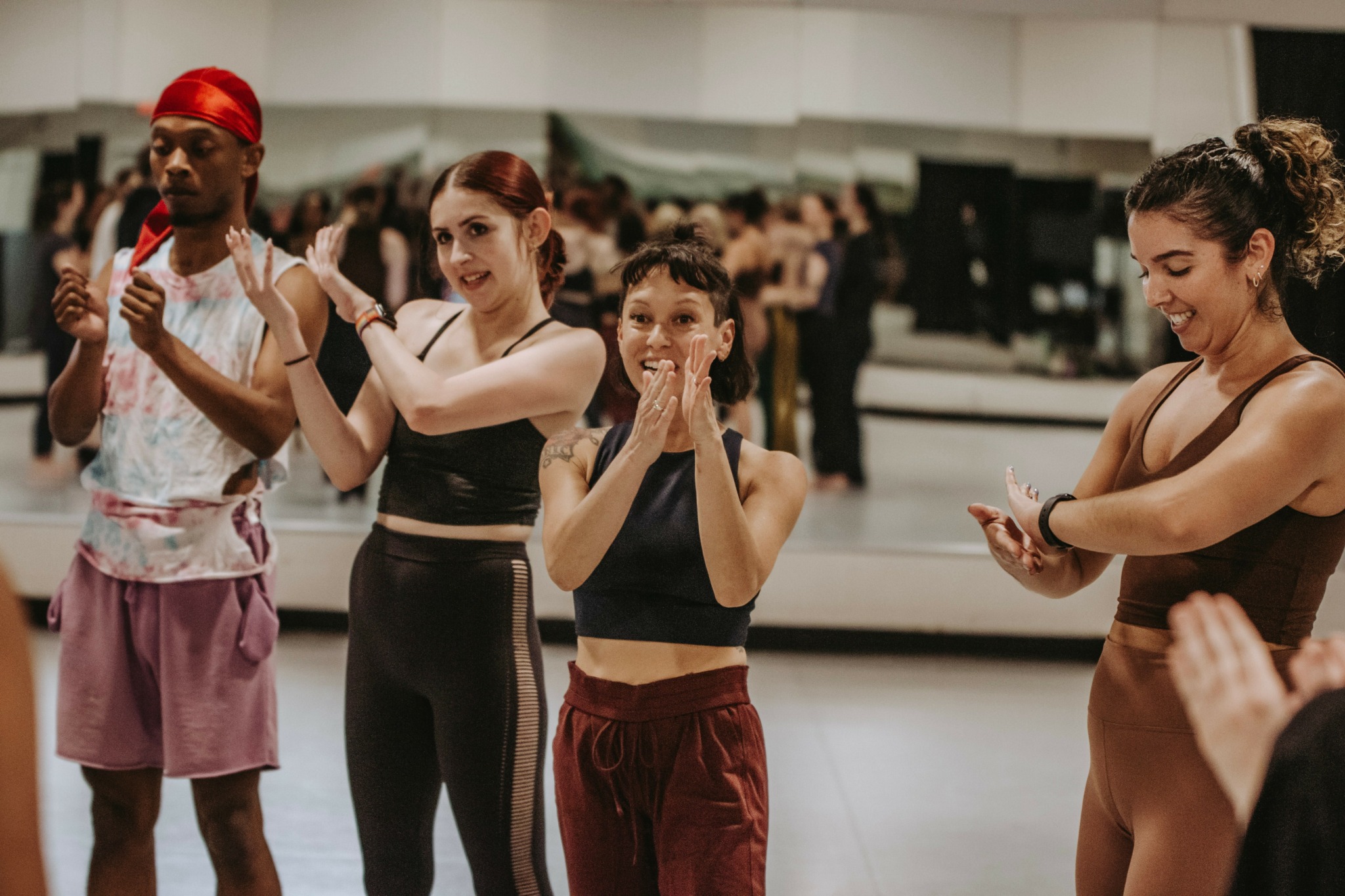
Audrey, before we move on to more of these sorts of questions, can you take some time to bring our readers up to speed on you and what you do?
I grew up dancing in Charlotte, NC as a competition kid and always felt connected to my local arts community. After graduating from UNC Charlotte in 2003 with a B.A. in Dance, I performed with some regional choreographers and companies and taught at a few studios. I decided to choreograph a new piece with some super talented adult dancers in one of my classes at Open Door Studios, a local hub for dancers of all ages, and we performed in a few small festivals. Some of my dancers had t-shirts made that said “Baran Dance,” so, somewhat of by accident, I had started a company. I officially founded Baran Dance in 2012 with a handful of emerging dance artists, and we’ve been going strong ever since.
Baran Dance now contracts 16 professional contemporary dancers and, now, some also choreograph within the company. Additionally, we have an internship program, Baran Dance University or BDU, through which college / university dance students, recent graduates, and emerging professionals receive mentorship in technique, creativity, and collaboration. We used to have an apprenticeship program for high school age dancers, BD2, but this market is so saturated with traditional dance studios, I chose to focus on young artists on the brink of their careers. I also hold weekly open company class for Charlotte area dancers and teach outreach classes at ourBRIDGE for Kids and Refugee Support Services, two organizations that assist immigrant families. These community centered educational programs are integral to my personal mission as well as the focus of Baran Dance as a nonprofit organization.
I am about to kick off the 14th season of Baran Dance, which since our accidental inception, has adhered to the motto “We MOVE to move YOU.” With nearly 30 dancers ranging from 18-44 years old across the whole company, this little project has turned into an empire or a family (depending on who you ask). As a powerful staple in the Charlotte arts community, we also collaborate with local musical, visual, literary, and even culinary artists to create interdisciplinary performances and experiences and cross-pollinate local audiences. I present two main concerts each year, “Tiny Dances” in the winter and “Big Moves” in the spring, each with a unique theme or collaborative partner(s). In June 2024, we presented “Homegrown” which featured original music by eight local musicians and bands, which was super exciting, engaging and unique. While I sometimes present work in regional and national festivals, I am still largely focused on and invested in the Charlotte arts landscape.
Through every project and performance, I try to make contemporary dance more accessible, engaging, and inclusive for both artists and audiences. I never want someone to come to my concert and feel like they didn’t “get it” or it wasn’t relevant to them. I make work that challenges audiences to think, feel, and discuss, but I also want to dispel the stereotype of stuffy, elitist, or boring dance performances. One look at the artists of Baran Dance and you’ll see that we all come from different backgrounds, artistically and culturally. While I my practice is centered in contemporary dance with influences of somatic modalities, and Baran Dance definitely is known for our bold and highly physical movement style, no two dancers or choreographers work exactly alike. Above all, this is what I strive for as a dance artist – to cultivate innovation, provide a platform for diversity in action, and impact people on an authentic and lasting level. Sometimes (especially lately) I ask myself, “Why dance? What does it matter?” Then I take one look at the artists, students, and audiences I engage and the answer is clear… to MOVE.
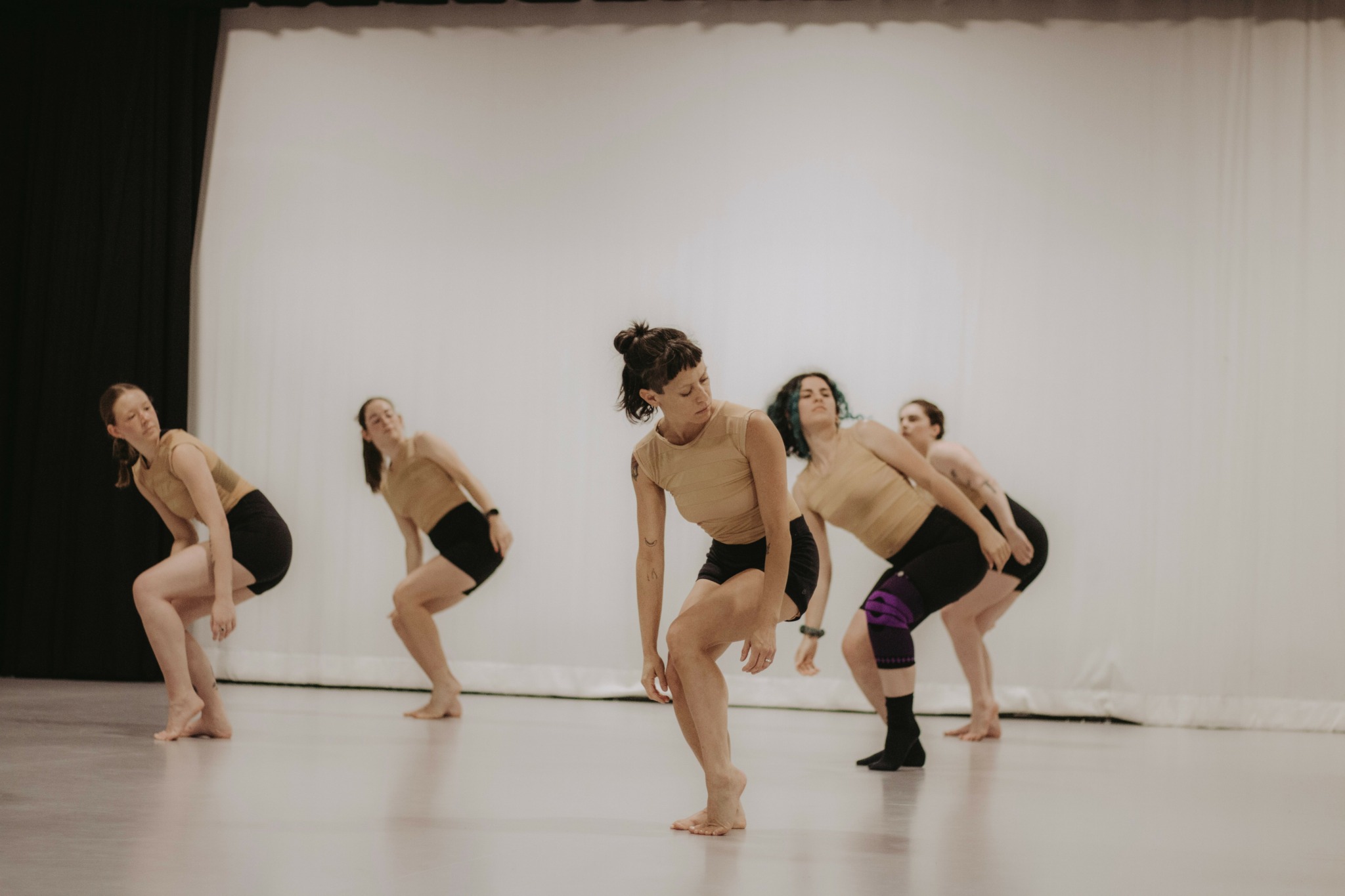
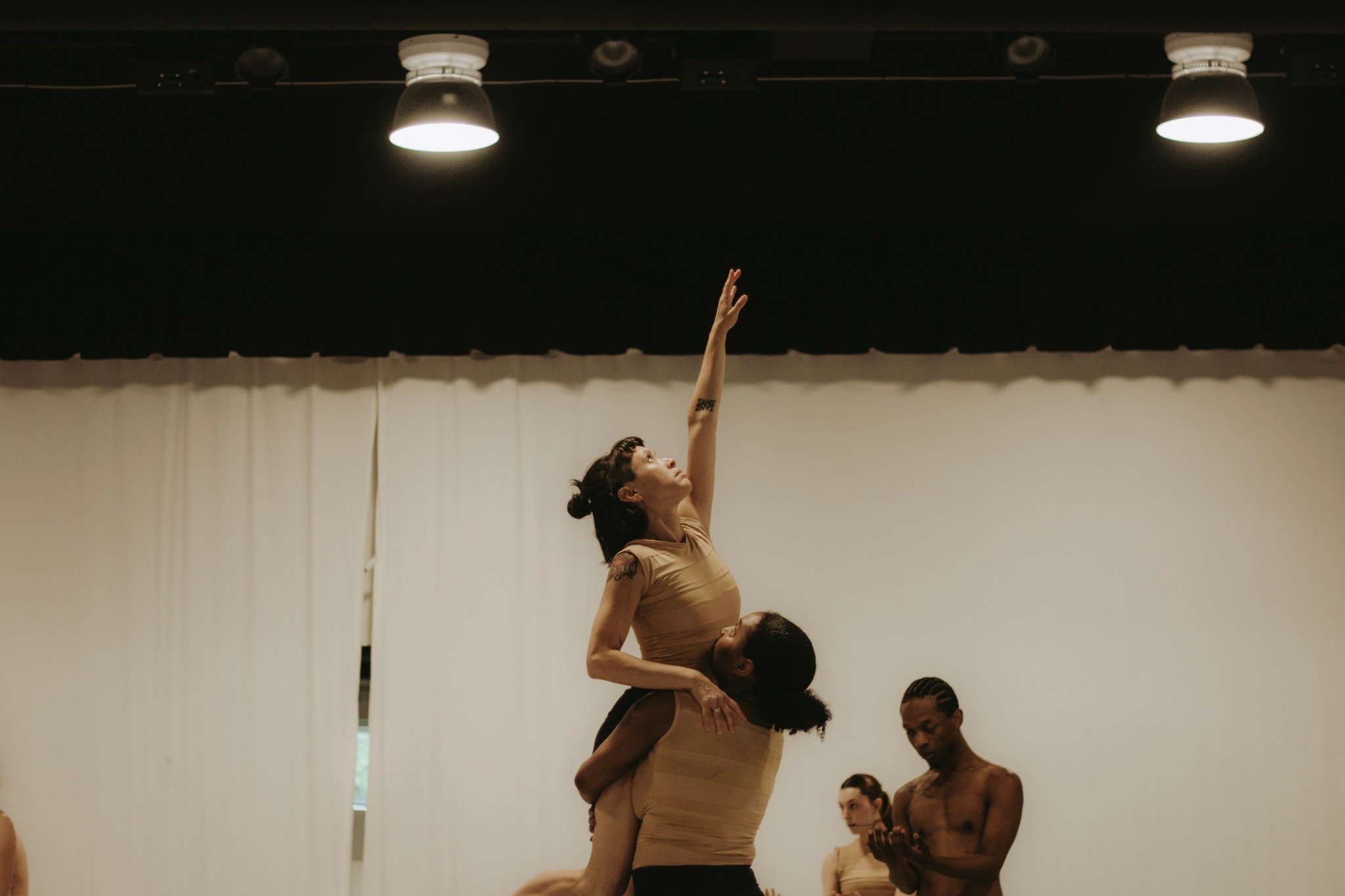
In your view, what can society to do to best support artists, creatives and a thriving creative ecosystem?
Get out there and see stuff! Buy a ticket to a local dance performance (not just the big touring shows) and take a chance on something perhaps a bit unfamiliar. Even better, grab your tickets early, bring a friend, and then tell someone about your experience. Then, if you have the means, donate to support that artist’s or company’s future work. With funding for creatives on the chopping block, we need all the support we can get, whether it’s word of mouth, a ticket to the show, or substantial financial backing.
I also call on theaters and venues to proactively present their local arts organizations. I see theater calendars filled with not only big name performers and glitzy productions, but obscure comedians and musicians. While everyone needs a platform, it’s a real tragedy that venues overlook the creatives and companies making amazing work in their own neighborhoods on a shoestring budget. Renting theaters and technical personnel is wildly expensive, and we could all enjoy a win-win situation if theaters invested in their creative ecosystem.
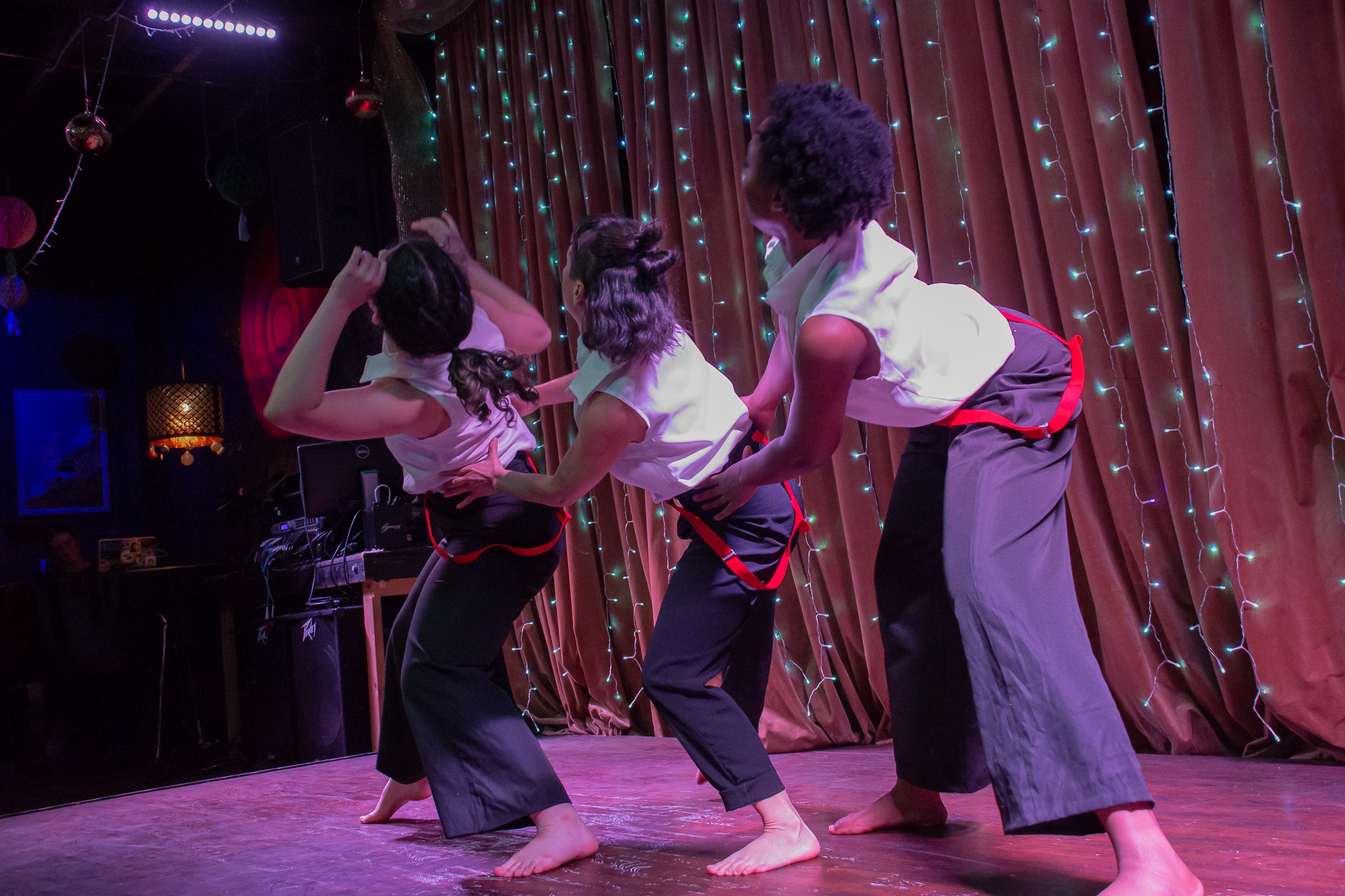
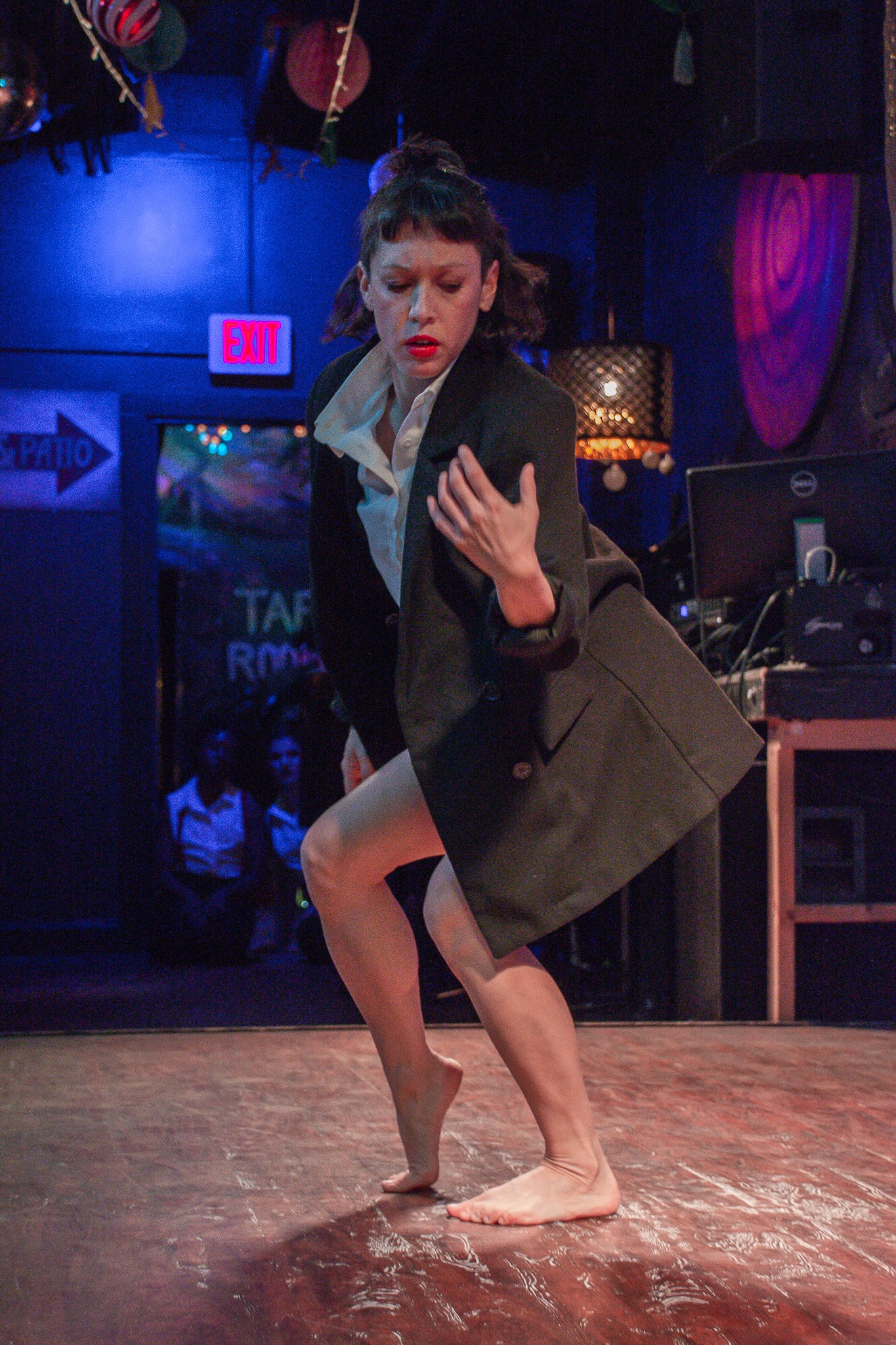
Are there any books, videos, essays or other resources that have significantly impacted your management and entrepreneurial thinking and philosophy?
I am also a 500-hour Registered Yoga Teacher and have been influenced by a lot of texts on yoga philosophy and Buddhism (although I don’t subscribe to any singular spiritual practice). One book that continues to inform my work is “The Four Agreements” by Don Miguel Ruiz, which outlines four simple guidelines:
1. Be impeccable with your word.
2. Don’t take anything personally.
3. Don’t make assumptions.
4. Always do your best.
Directly or not, this is how I manage my personal practice, my creative and directorial work within Baran Dance, and how I engage with my community, students and audiences. The book is tiny but powerful, so, naturally, I resonate.
Contact Info:
- Website: https://www.baran.dance
- Instagram: @barandance @audibaran
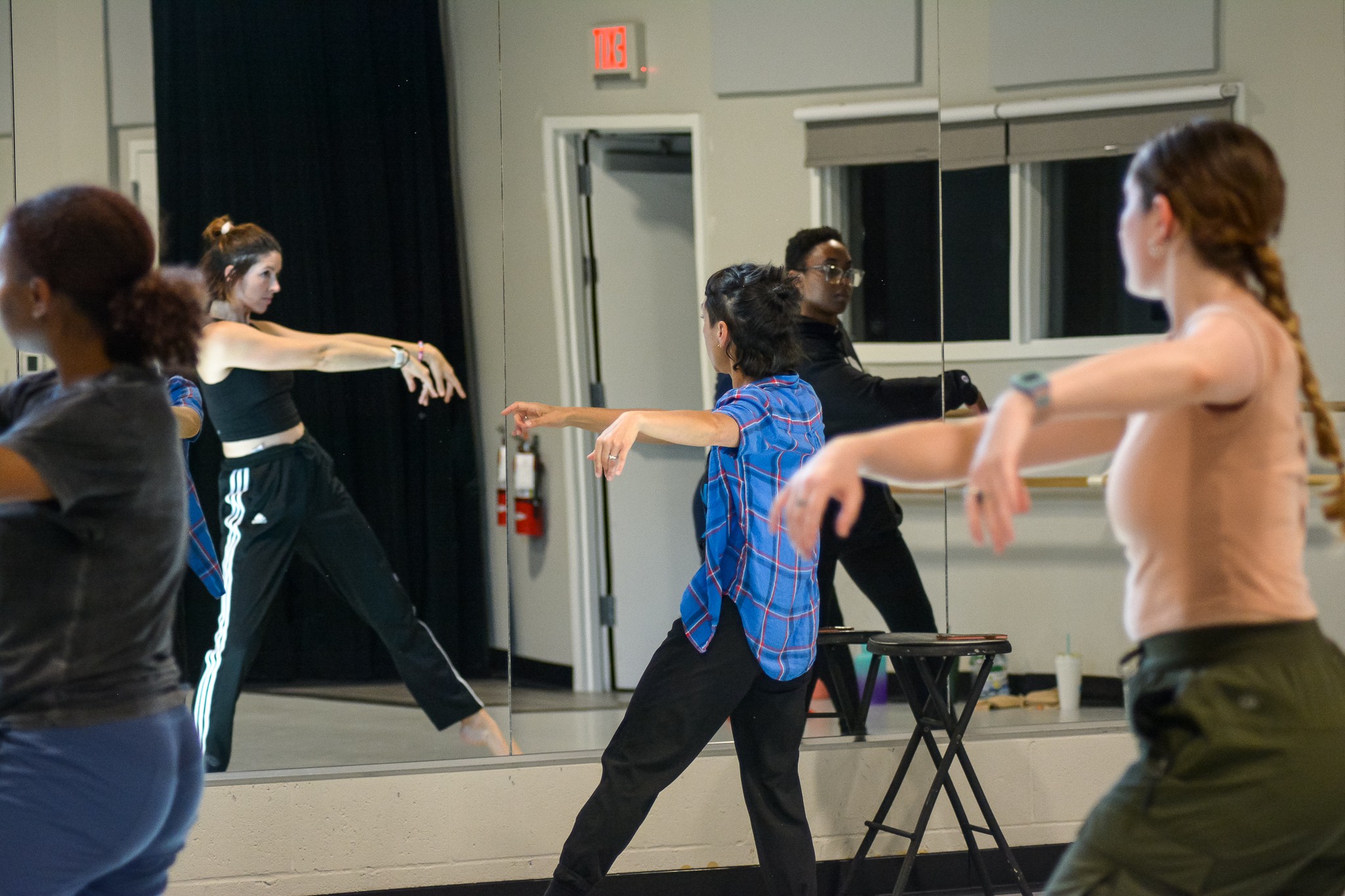
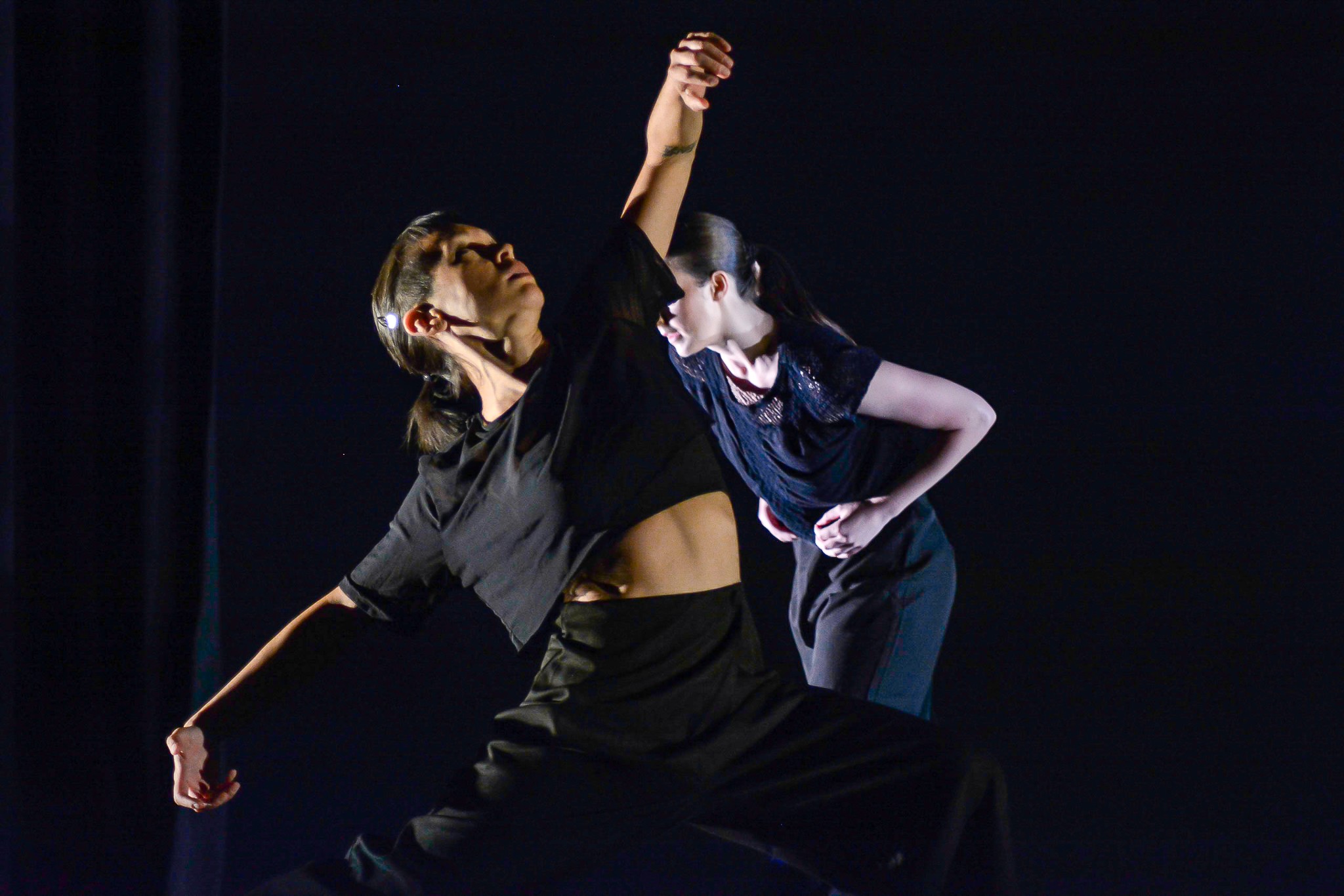
Image Credits
Butch Delatina
Trinity Roberts
Bethany Ivan


